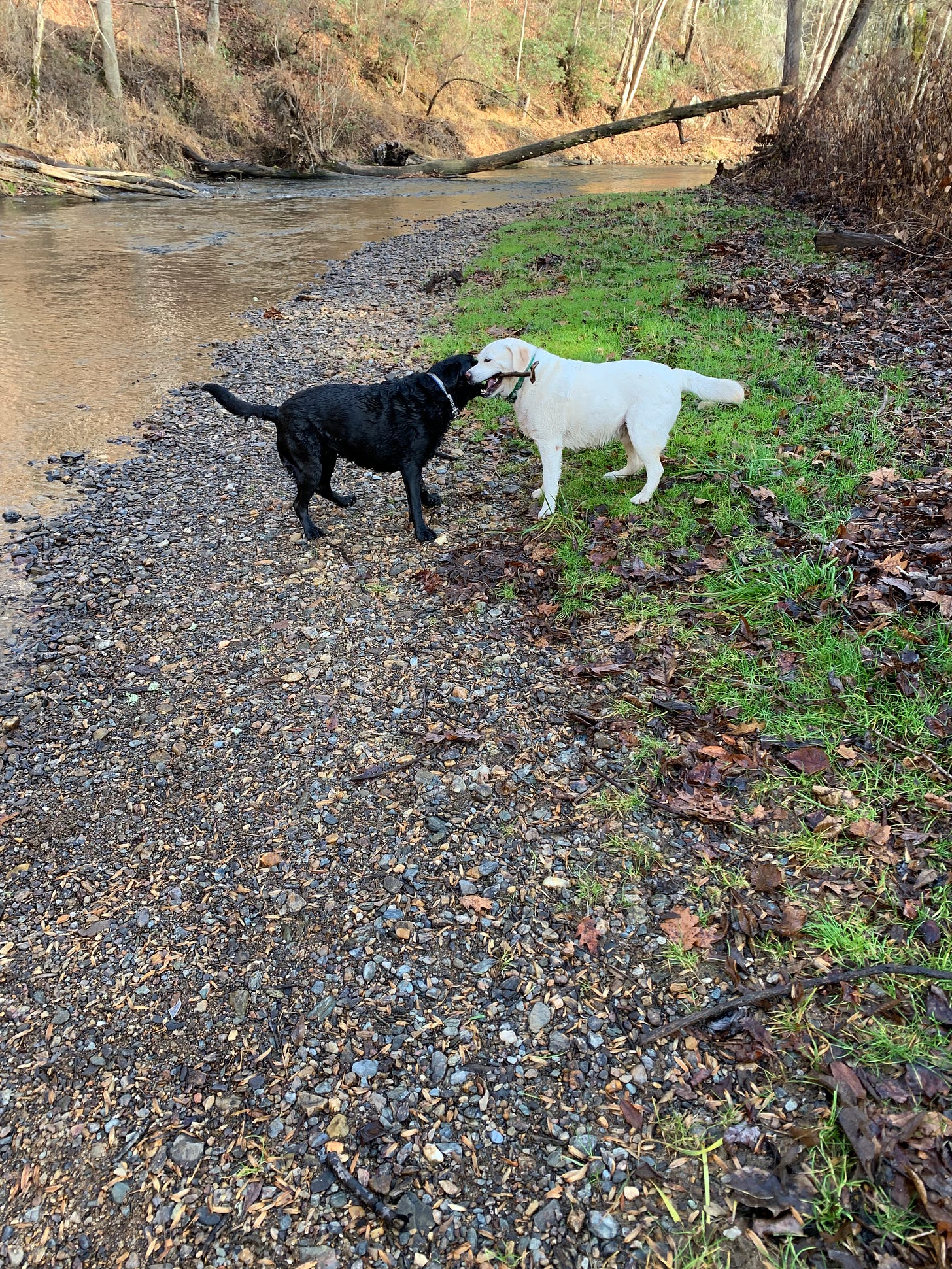The Department of the Politically Disengaged
A huge percentage of Americans pay little to no attention to politics and policy. The parties need to better understand them to better represent them.
Here’s a suggestion for the two political parties: create a research and communications arm staffed only by people who don’t pay any attention to politics whatsoever and instead inhabit the sociological contexts most Americans occupy in terms of their families, workplaces, media consumption, and local peer groups. No fancy graduate school degrees required. No following Twitter feuds about people’s tone and issue priorities. No debates about Build Back Better or regime change or critical race theory or Trump’s stolen election fictions.
This new research arm could end up being the most valuable branch of party affairs because it is closer to the reality of vast numbers of Americans who couldn’t care less about politics and government.
As background for the new department, study the Pew Research Center’s excellent 2021 study on political typologies. This report presents more useful information about the public and the complex landscape of American political life than any ten “message” surveys around. Consider these important findings:
A scant 9 percent of Americans say they grew up in a family that talked a lot about politics at home. Nearly 6 in 10 Americans report not really discussing politics much if at all growing up. The reality facing the two parties is that most Americans are not socialized into politics in any meaningful manner.
A mere 6 percent of Americans say that being involved in social or political causes is one of the most important things in their life, with only another 22 percent saying it’s very important to them. In contrast, huge majorities of Americans would rather be spending time with family, enjoying the outdoors, being physically active, or going to church or praying.
The least politically engaged people in the country make up nearly 4 in 10 of all Americans. Pew’s typologies include three groups of people who are among the least politically engaged of all Americans in terms of voter turnout, interest in politics, and participation in other political actions.
These groups include a younger group of mainly Republican voters who are more moderate and less pro-Trump than the Republican Party as a whole (Ambivalent Right) plus a group of more activist progressive cohorts (Outsider Left) who are also young and Bernie Sanders-like in terms of their views, although without the civic participation that fueled his movement. A third group of mixed partisan Americans (Stressed Sideliners) have basically checked out of from politics altogether even though around half of them still turn out to vote.
Combined these groups constitute 37 percent of all American adults. And as seen below, less than one quarter of the people in these groups follow what’s going on in government and public affairs most of the time. These Americans are focused on other matters in life.
The question for the new research and communications arm is how best to reach these Americans, understand their views, and talk with them. For starters, party officials should hire more people like this—normal Americans trying to get on with life—or at least hire people who think more like these disengaged citizens by not giving much thought, if at all, to politics and policy.
If you’re not following politics, what concerns you then? Likely it’s things like how your family and friends are faring. How your job is going and if you have enough money to live on. How you can afford health care, housing, and education. Maybe a funny or dumb video someone passed around, or how your fantasy sports league or online video game community is doing. Perhaps it’s helping an older neighbor with some yard work or confusing bills. Basically anything other than the debates that occupy the nation’s political elites.
How do these Americans conceive of political debates given their disengagement? While the outsider left types are younger and more radical in their views about things like climate change or race, Pew finds that the other two groups share a combination of more left-leaning views on economics and government and more moderate or conservative views on social concerns. These voters and potential voters—plus a wider poll of loosely engaged and less partisan Americans—might then appreciate an economically nationalist and culturally moderate approach that neither party today fully represents.
Many Americans refuse to engage with politics for a good reason—they have better things to do than focus on boring and seemingly trivial fights about ideological causes conducted by credentialed classes with little connection to people’s basic needs and thoughts.
The job of the new Department of the Politically Disengaged therefore is to find these Americans, better understand them, and inhabit the worlds they occupy if the parties are to reach them at all. In the end, a dedicated project focused on the politically disengaged could pay more electoral dividends than constant obsessions about what activists and the base think about an issue or what some Senator said at a committee hearing.








